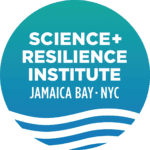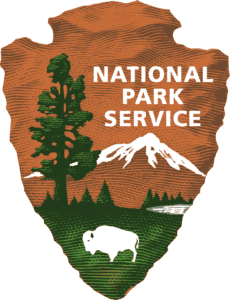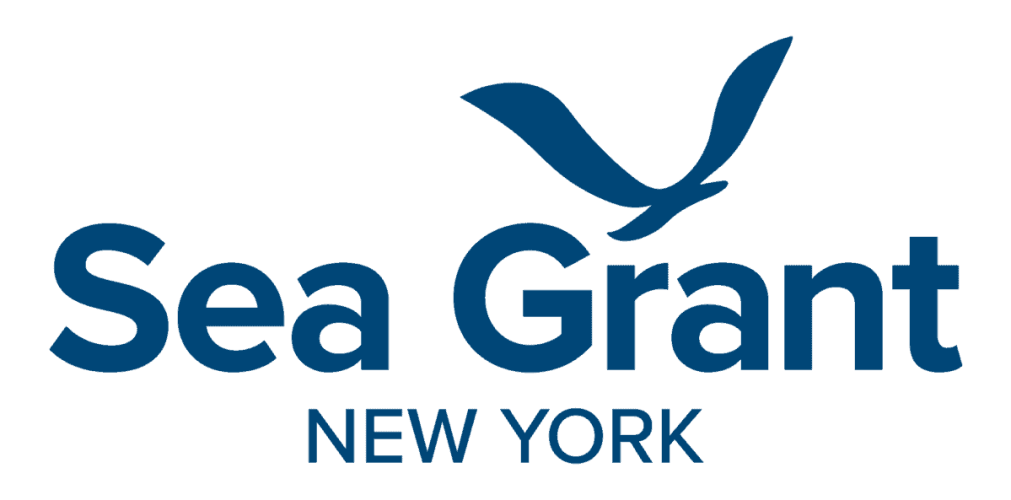Resilience Practice in Jamaica Bay and Environs: Launching the Science & Resilience Institute at Jamaica Bay
WIlliam Solecki, Hunter College, CUNY; Laxmi Ramasubramanian, Hunter College, CUNY; Shorna B. Allred, Cornell University, John Waldman, Queens College, CUNY
This project consists of three tasks to expand the Institute’s work on community resilience, extension and social science.
Task 1: Community Resilience Extension Service Assessment
The goal of this task will be to arrive at a shared (i.e., among the Institute researchers and local community members) understanding of the community resilience practices which could employed by Jamaica Bay communities and of the connection of these practices to the larger scale socio-ecological systems present in the Region. As part of this activity, we will develop an extension service framework whereby new knowledge generated through the work of Institute partner researchers and educators in collaboration with local stakeholders will be tested. Three outcomes will be derived from Task 1, including the following: Community resilience needs assessment; Operational basis for the connections between the Institute and communities in the post Hurricane Sandy context; Structure and organization of an ongoing community resilience extension service program between the Institute and Jamaica Bay communities.
Task 2: Survey of Social Sciences and Socio-Ecological Systems Research and Needs Assessment
An established yet insufficient body of ecological and physical science research literature is available for Jamaica Bay and environs. However, two significant gaps are present within Jamaica Bay related literature that is relevant for the understanding of resilience. First, there is no comparable body of social sciences research literature on the societal elements, drivers, and structures of the Bay and surrounding communities. A comprehensive review and assessment of the varied social science literature germane to Jamaica Bay will be a primary work task. Second, documentation and evaluation of the social systems that define and structure the Bay region is needed, and the nature of their connection to the local ecological systems needs to be defined.
Task 3: Resilience Practice Implementation – Assessment and Research
Resilience is a much talked about concept. The Science and Resilience Institute will actively work to define methods and tools to transform resilience from an abstract concept into an on-the-ground, operational practice. Central to Task 3 will be outreach and collaborative engagement with the community of stakeholders and decision-makers present in the region and the creation of the overall superstructure of the Institute to enable it to put resilience into practice and operationally connect with the other stakeholder and decision-making entities within and around Bay.
Funding: Rockefeller Foundation
Project Period: October 2013 – December 2014






